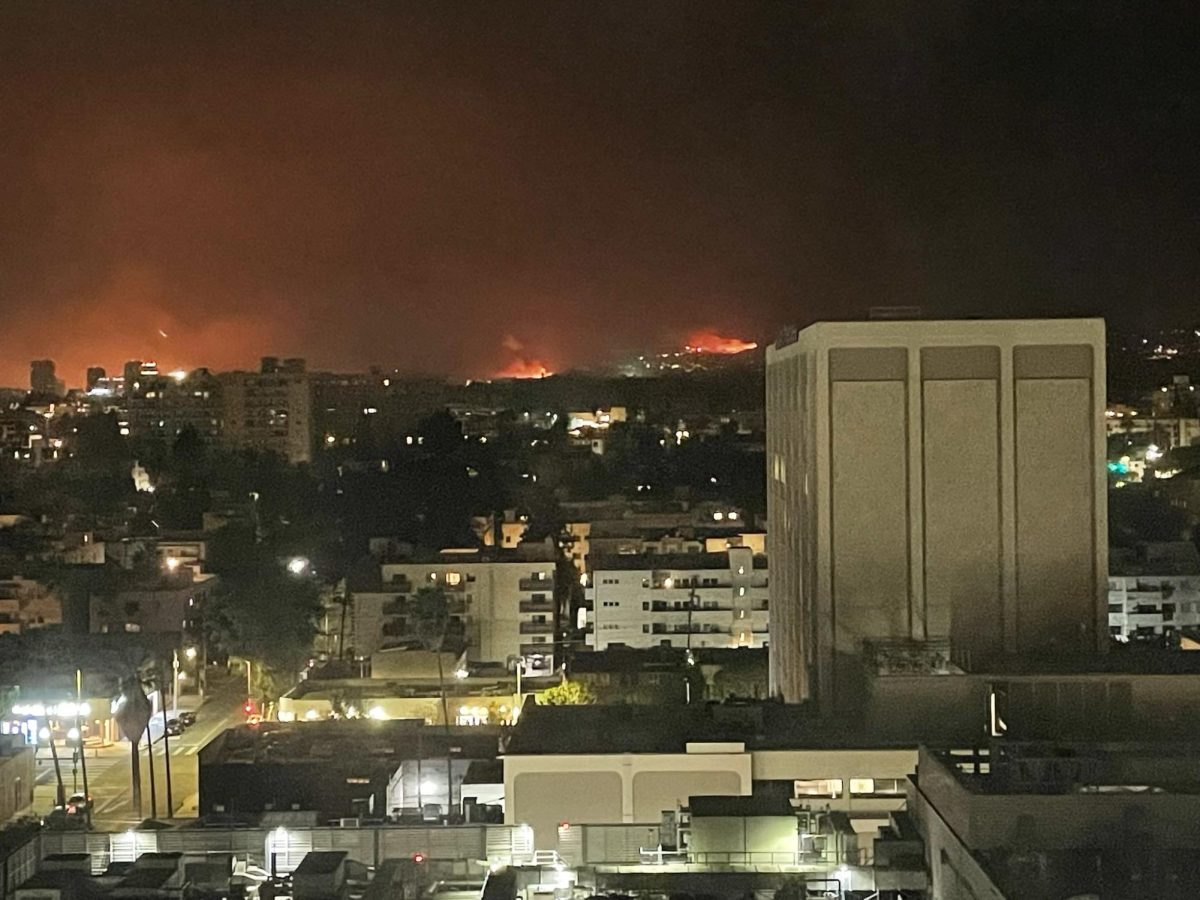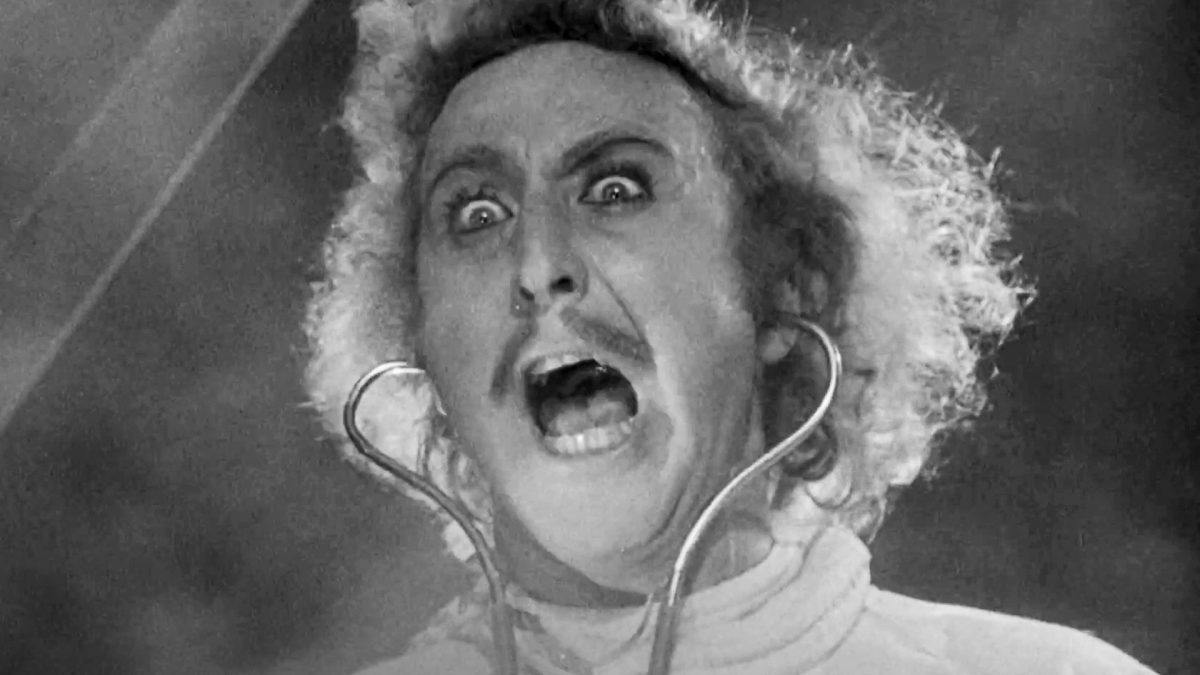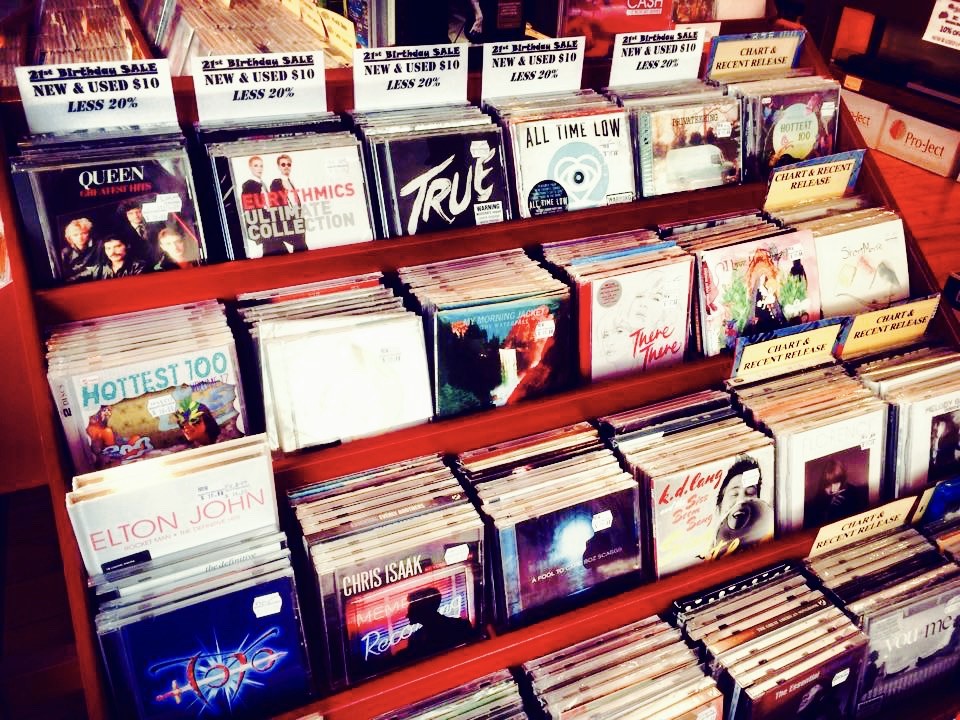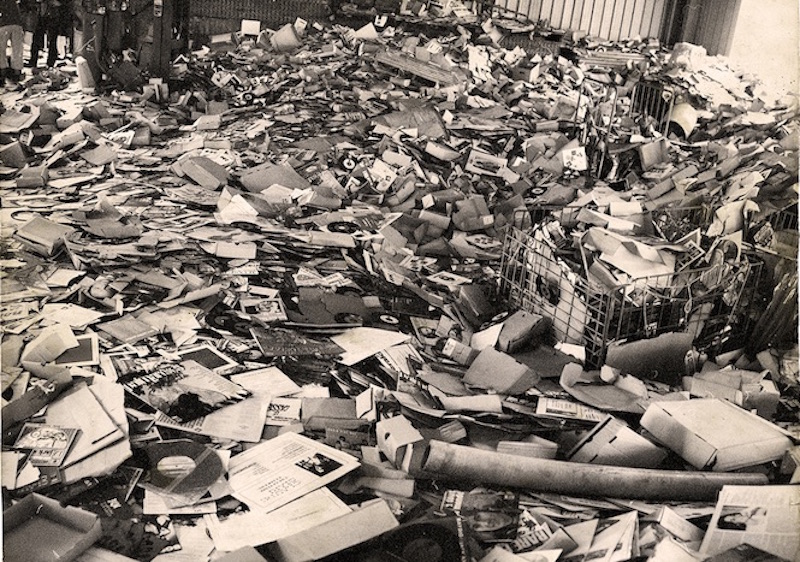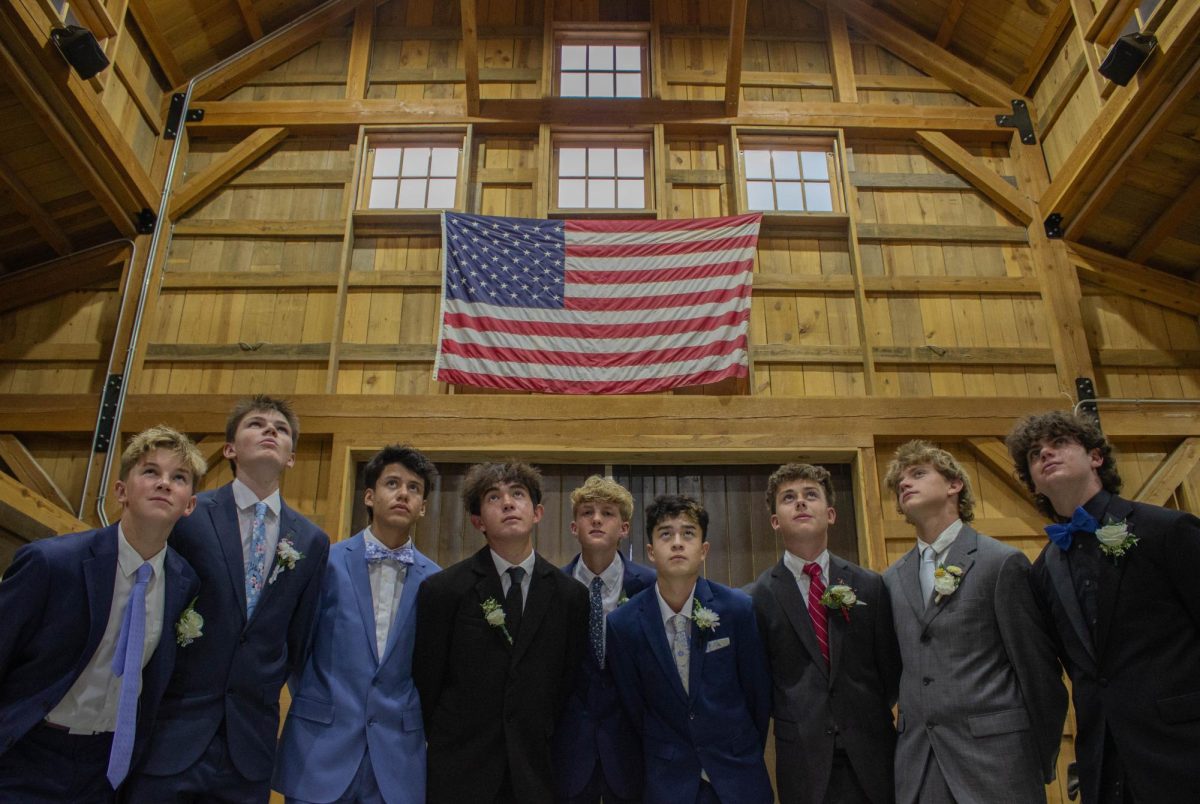Currently, the skies in Los Angeles County are a swirling haze of orange and gray smoke. The sun is barely visible in the whole county. Authorities in California are stating that there is zero possibility of bringing the fires under control as the winds worsen the conditions. The hills burn in California. The Eaton Canyon fire erupted overnight, consuming acres of land in Pasadena and pushing its way into neighborhoods. Just behind it, the Palisade’s fire raged, a horrifying reminder that no part of the city was safe. It’s been 36 hours since the fires have begun, and the destruction feels apocalyptic. The United States is not immune to the climate crisis, if anything, these fires are a vivid reminder that the privilege we’ve relied on to shield us from catastrophe is crumbling.
Yesterday morning, during a press conference, Kathryn Barger, a member of the LA County Board of Supervisors said something that stuck with me, “The Eaton Canyon fire is ripping through the community like I have never seen before. It is like a third-world country out there.” That comment left me torn between confusion and anger. Confusion, because I can’t quite wrap my head around why this comparison was necessary for her to give. And anger, because it highlights a mindset that is extremely dangerous, the belief that the global north will somehow be spared from the devastating impacts of climate change.
I believe that the United States, with all its power and wealth, is wildly unprepared for the consequences of the climate crisis. Our infrastructure wasn’t designed to withstand the kinds of disasters we’re facing now. And our refusal to embrace land stewardship and Indigenous knowledge has now left us vulnerable. Fires like this one, tearing through Southern California, prove to me that we don’t have the space, time, or resources to rebuild every time a disaster strikes. And yet, the reality of our vulnerability still feels unacceptable to many Americans.
What frustrated me the most about Barger’s comment is how casually she equated destruction with the “third world.” There’s an implicit assumption that apocalyptic scenarios are normal for certain parts of the world but it shouldn’t happen here in the States. It’s almost as if Americans have internalized the idea that devastation belongs in a faraway place, places we’ve often played a direct role in destabilizing through pollution, exploitation, and politics. When fires, floods, or hurricanes devastate part of the global South, the response is often sympathetic but it’s met with a level of distance. “That’s so sad…but that just happens here in America.” But when it happens here in our backyard, it’s suddenly unimaginable.
This disconnection to me is rooted in a level of privilege we hold as Americans. The United States is one the largest polluters on the planet, driving the very climate disasters we see globally. And now, as these fires rage a couple of states over, we’re being forced to now confront the consequences of our actions. It’s not just the Eaton Canyon fire or the Palisades fire, each year, the wildfire season gets worse and worse. As time progresses we see more of what climate change looks like when it arrives at our doorstep. The real tragedy is how quickly we’ve normalized this reality for others while refusing to accept it for ourselves. Fires like these have been a regular occurrence in parts of the world for years, and we’ve allowed that to become a status quo. Now that it’s our turn to face the flames, there is still a reluctance to act. The truth is, this is America, and what we’re experiencing is a hand-picked reality, one created through decades of environmental negligence.
What’s even more alarming is as we watch our communities burn, our leaders still fail to take meaningful action. We’re staring down four years of a presidential run from someone who consistently denied climate change and dismantled environmental protections. The U.S. has major resources and influence to lead the fight against climate change, and to help transform our global economy into one that is sustainable and equitable; but instead, one of our two major political parties won’t even fully acknowledge the crisis, even as the entire West Coast is on fire.
Here’s the thing though, you can only ignore reality for so long. The smoke from these fires isn’t only filling the skies and lungs of the people of California; it’s exposing the cracks in our systems, the weaknesses in our infrastructure, and the flaws in the mindset of some Americans. “Climate Change will manifest itself as a series of disasters viewed through phones footage that gets closer and closer to where you live until, one day, you’re the one filming it.” (McMenamin) As the smoke begins to clear up, I can’t help but see a new political path emerging. Perhaps these wildfires might be the tipping point, the moment when we finally start treating climate change as the crisis that it ultimately is, because if we don’t act now, eventually there won’t be anything else to burn.



